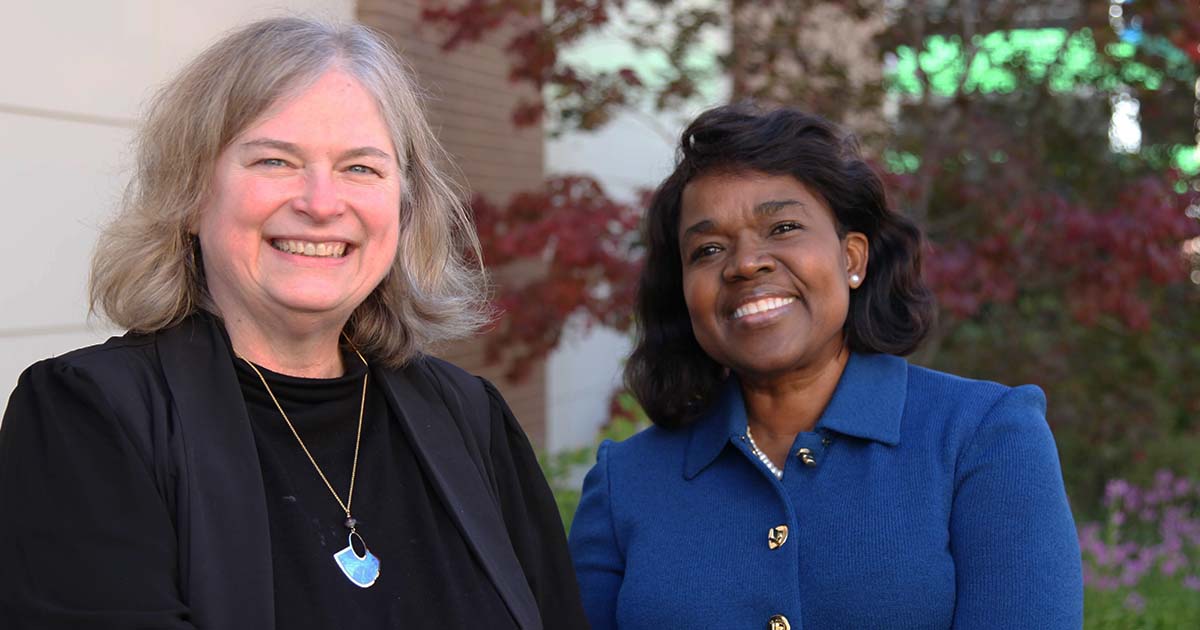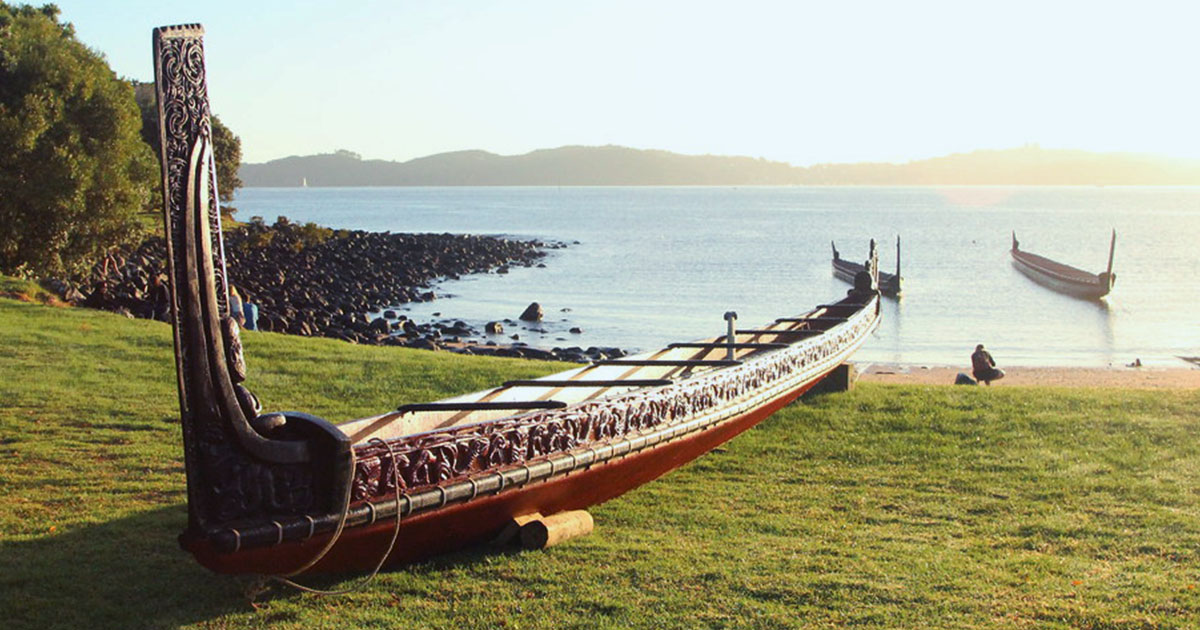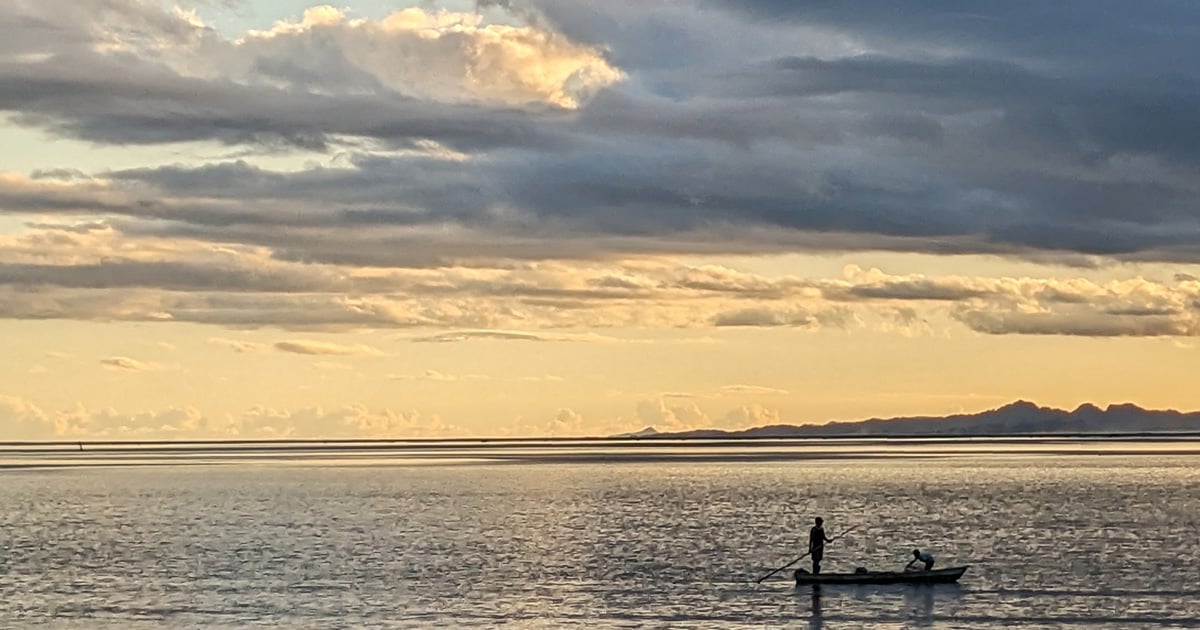
Kimberly E. O'Leary is a Distinguished Professor Emeritus of Cooley Law School, and co-author with Mable Martin-Scott of the book Multicultural Lawyering: Navigating the Culture of the Law, the Lawyer, and the Client. She is now retired from full-time law teaching, but continues to blog about multicultural lawyering and her travels with her husband, Paul, in the blog Rocinantes on the Road. Below is an excerpt from her blog story called With buoyant spirit, Fiji models reconciliation & a welcoming culture.
We've been living in Suva, Fiji, for about a month. This small archipelago nation consisting of about 330 islands in the South Pacific has a complex history and a rich culture. Suva, whose greater urban area contains over 300,000 people, is the capital and is located on the largest of the islands, Viti Levu. The entire country has about 900,000 people.
The first thing you notice about Fiji is its abundant beauty. On our arrival, we flew across the island from Nadi to Suva in a tiny plane.
Even in Suva - a kind of gritty city in a country more accustomed to rural villages, small towns, and tourist beaches - the natural beauty is evident. We are here in their winter (May-June) where they often complain it is cold on 77F days. It rains some almost every day, resulting in lush greenery, colorful flowers, and giant mangrove trees. Wildlife consists mostly of very large fruit bats, herons, Indian mynah birds that accompanied indentured laborers by ship, and bugs as tiny as the bats are large. We've also seen iguanas and frogs. We are surrounded by clouds, mountains, and ocean.
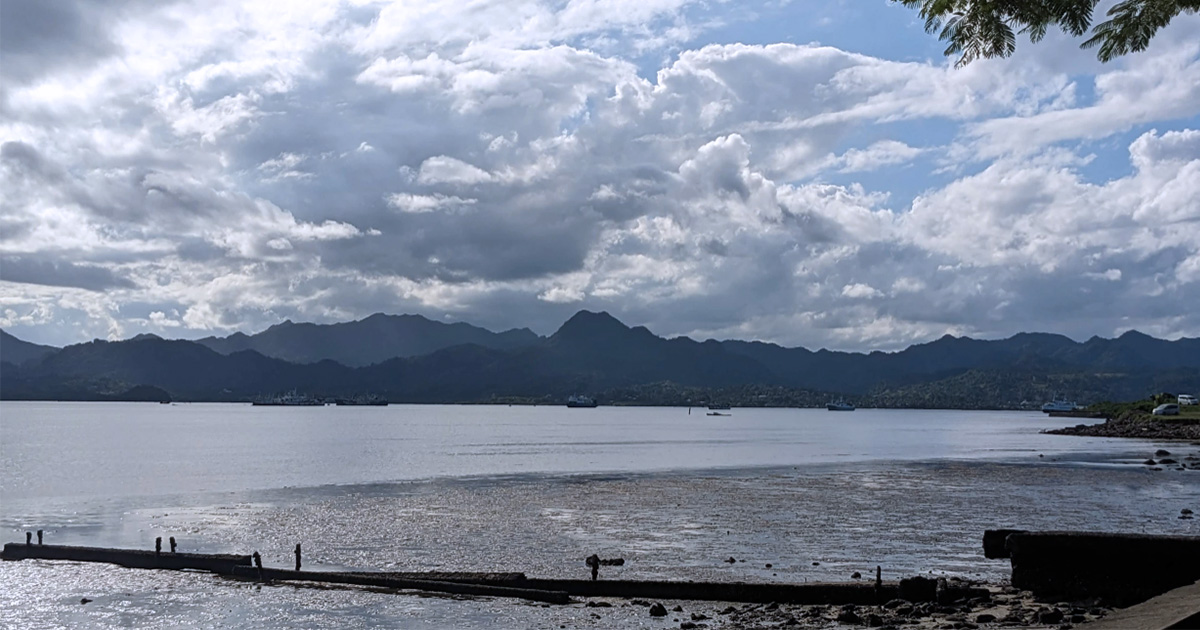
But, as beautiful as the landscape is, it is the people of Fiji that are its greatest national treasure. Aside from a couple of over-zealous street vendors in downtown Suva, our interactions have been completely positive - warm, friendly, and respectful. Everywhere we go, people greet us with "Bula!" and a big smile - even small children we pass on the street. When they discover we are visiting from America, they often say, "Welcome home," despite the fact that we look nothing like virtually everyone else in the city. We learn that the population of Fiji is about 57% indigenous iTaukei - Melanesian people descended from African people who walked into Australia over 50,000 years ago, who have mixed with Asian people. Their culture dates back about 3,500 years. About 37% of the population are Indo-Fijian - descendants of indentured laborers "hired" by British sugar companies in the late 1800's and brought to Fiji from India. The remaining 6% are a mix of European, Chinese, Polynesian and other.
This is a nation of many languages and cultures. iTaukei primarily speak a specific indigenous dialect, but there are many variations of the language. Indo-Fijians speak Hindi-Fijian. English - brought to Fiji by the British in the 18th century - is a common language spoken to some extent by everyone. All three languages are official languages of the country. Likewise, there are multiple religious traditions. While traditional iTaukei values and beliefs form a core for most iTaukei people, virtually all iTaukei are now Christians. Two-thirds of those are Methodist. Indo-Fijians are primarily Hindu, but some are Muslim, Christian, and Sikh. All iTaukei have birthright collective ownership of land in villages, and many of them live in villages with collectivist cultures. Most Indo-Fijians live in cities or small towns. More shop owners are Indo-Fijian and it appears that more service industry workers are iTaukei. Government workers and professionals draw from both cultures.
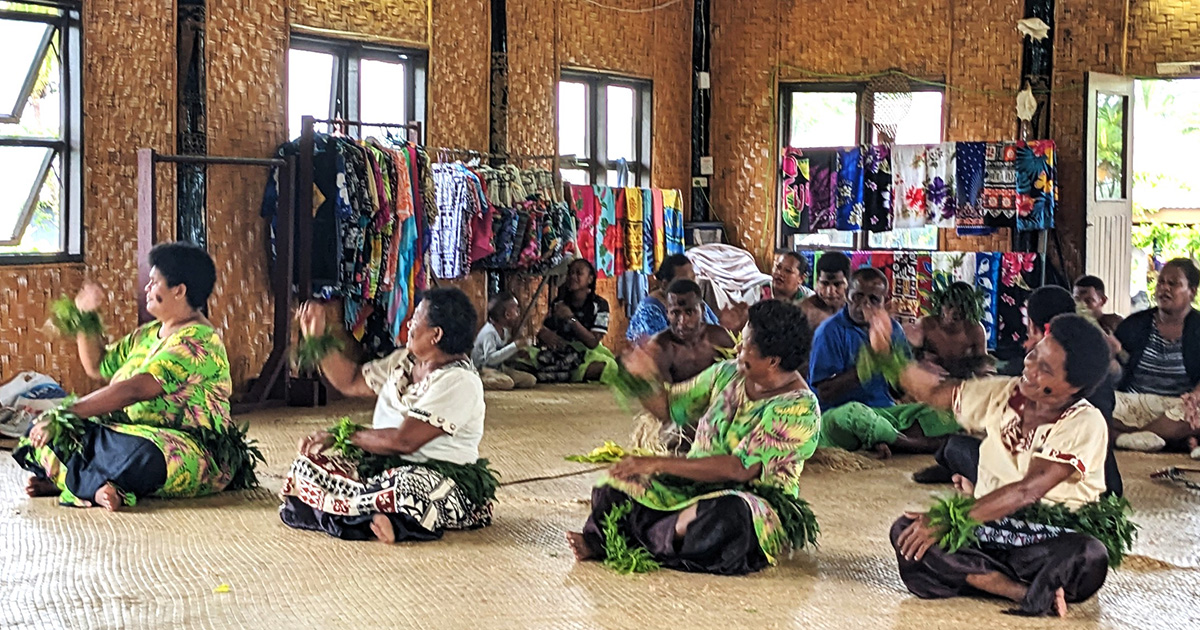
Our visit has coincided with two public holidays. The first, Girmit Day, celebrated the arrival in 1879 of the first ship of Indo-Fijians' ancestors who worked the sugar cane fields and factories. The second public holiday is this weekend - Ratu Sukuna Day. Ratu means "chief" in the iTaukei language, and he is commonly referred to as Ratu Sir Lala Sukuna (sculpture of him below), because he was knighted by Queen Elizabeth. He left Fiji in the early 20th century to study in New Zealand and Great Britain, and became a barrister. He returned to Fiji and helped mold modern government and establish a land trust that balanced interests of iTaukei and Indo-fijians.
After attending the service of reconciliation, Paul and I were eating at a restaurant and heard a local musician sing "Hallelujah" by Leonard Cohen. For me, that song has always resonated both because of its haunting beauty but also because the writer seems to struggle with the nature of the Old Testament God, looking for meaning in music and, with difficulty, in relationships. It overtly touches on biblical themes. Our son, James and his wife Maggie were visiting us in Suva, and James agreed to record a version with me and my traveling ukelele. Cohen famously wrote many more verses to this song than he sang in any one concert, choosing certain ones at certain times. Cohen was a practicing Jew, and also studied Buddhism. James has been learning a lot about AI, and we thought it would be fun to write a verse that captured our version of spirituality. For us, what is all-powerful is the connections between people.
When we travel and share our stories with each other, we feel a spark of humanity coursing across the globe. So the last verse is our verse, created in part with help from an AI James queried. We in no way are suggesting our verse achieves the power or poetry of the Cohen verses - rather, we see it as a homage to the power of his lyrics and his song that it speaks to we atheists as well as religious people. In 2009 (only 7 years before his death), Cohen played a concert in Israel called “A Concert for Reconciliation, Tolerance and Peace" and donated the proceeds to people working on peace between Israelis and Palestinians. This effort seems to me to come from a similar space honoring the power of human connection as the service of reconciliation and thanksgiving I witnessed in Suva.


